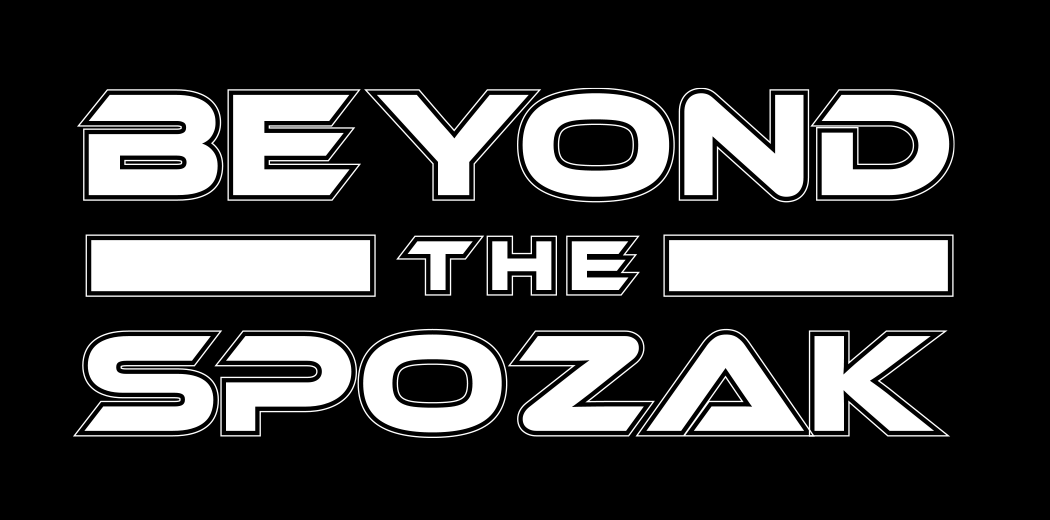The Zoctol were an aquatic species until relatively recently. Their full grown height is about that of a human, but their mass and volume is substantially greater due to their octopus-like form. They lack the sense of hearing, and rely on digital devices to pick up on vibrations and translate them into writing to understand spoken languages. Zoctari languages are gesture-based, and the Zoctol often learn a modified version of sign language when in broader society. Each of a Zoctol's eyes is connected directly to a small brain, each of which connects to it's neighbors. All these brains work together to make the Zoctol quite intelligent by human standards. Each Zoctol has a single large orifice located in the midst of their tentacles that serves as the main gateway for eating, breathing, waste removal and reproduction. Zoctari reproduction involves a female Zoctol laying an egg in a nest (the egg is about the size of a basketball, and gradually expands until hatching), then the male and female Zoctol take turns sitting on the egg, slathering it in a viscous solution of half-digested nutrients to feed the growing child. When human explorers first encountered the Zoctol, their technology was transitioning from the paleolithic to the neolithic level, and most Zoctol lived in scattered tribes along the coastlines of their home planet.


